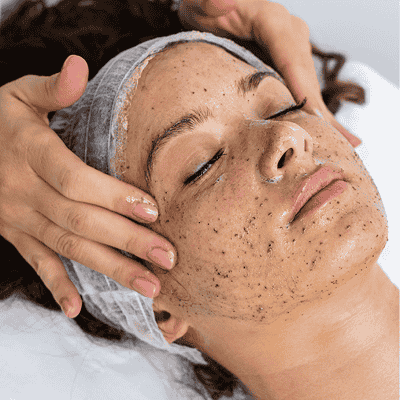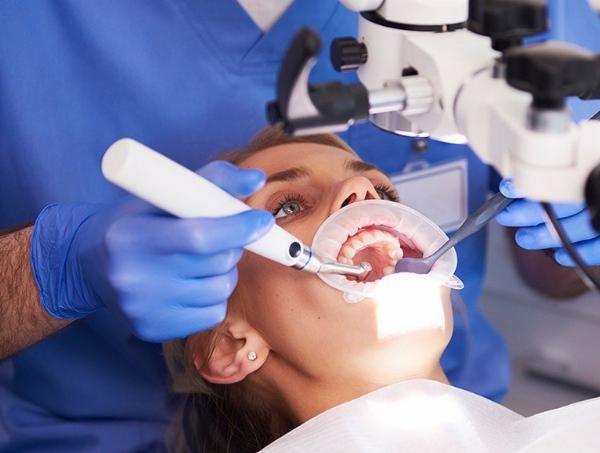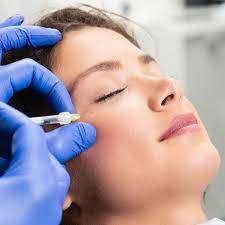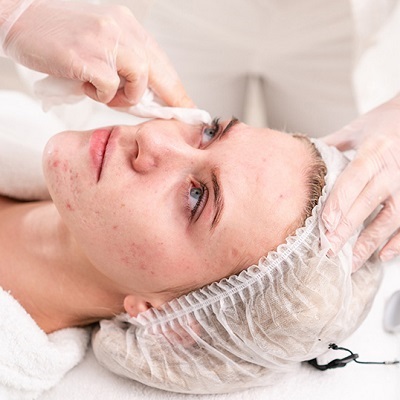Do Dental Braces Affect Speech?
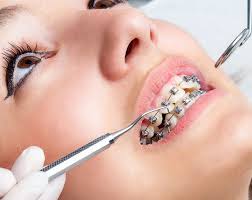
Strong 8k brings an ultra-HD IPTV experience to your living room and your pocket.
Introduction to Dental Braces
Dental braces are orthodontic devices made of metal, ceramic, or other materials, designed to straighten teeth and correct bite issues. They work by applying continuous pressure over time to slowly move teeth into the desired position. While braces are highly effective in achieving dental alignment, their presence in the mouth can lead to temporary discomfort and alterations in speech. Understanding the interaction between Dental Braces in Dubai and speech can help patients better prepare for the adjustment period and seek appropriate guidance from their orthodontists.
Understanding Dental Braces
Dental braces are a common orthodontic treatment used to correct various dental issues, including misaligned teeth, bite problems, and jaw irregularities. While the primary goal of braces is to improve dental health and aesthetics, they can have side effects, one of which is their impact on speech. This article explores how dental braces can affect speech, the mechanisms behind these effects, and tips for adapting to these changes.
How Braces Affect Speech
Physical Obstruction: Braces introduce additional hardware into the mouth, which can interfere with the natural movement of the tongue and lips. This obstruction can make it difficult to pronounce certain sounds, particularly those that require the tongue to make contact with the teeth or roof of the mouth, such as "s," "sh," "z," and "ch."
Altered Tongue Positioning: The presence of braces can change how the tongue rests and moves within the mouth. The brackets and wires can create obstacles that the tongue must navigate around, potentially leading to speech impediments.
Increased Saliva Production: Braces can stimulate increased saliva production as the mouth adjusts to the new appliances. Excess saliva can affect speech clarity, causing temporary lisping or slurring.
Initial Discomfort and Adjustment Period: When braces are first applied or adjusted, the mouth can experience discomfort and soreness. This pain can make it challenging to speak clearly, as patients may subconsciously alter their speech patterns to minimize discomfort.
Common Speech Changes with Braces
Lisping: A common issue with braces is the development of a lisp, particularly with the "s" and "z" sounds. This occurs because the tongue has to navigate around the brackets and wires, which can disrupt the usual placement needed for clear articulation.
Slurring: The presence of braces can lead to slight slurring of words as the mouth adjusts to the new appliances. This is often temporary and improves as the patient becomes accustomed to the braces.
Mumbling: Initial discomfort from braces can cause patients to mumble or speak less clearly, as they may be hesitant to move their mouths too much.
Adapting to Speech Changes
Practice Speaking: Regularly practicing speaking can help patients adapt to the changes in their mouth. Reading aloud, repeating difficult words, and engaging in conversations can accelerate the adjustment process.
Speech Therapy: For those experiencing significant speech issues, speech therapy can be beneficial. A speech therapist can provide exercises and techniques to improve articulation and clarity.
Patience and Persistence: It's important for patients to be patient with themselves during the adjustment period. Speech changes are typically temporary and improve as the mouth becomes accustomed to the braces.
Orthodontic Advice: Regular communication with the orthodontist can help address any persistent speech issues. The orthodontist may provide specific guidance or make minor adjustments to the braces to alleviate speech difficulties.
Conclusion
Dental braces are an effective treatment for correcting dental misalignments, but they can temporarily affect speech due to the physical presence of brackets and wires in the mouth. Understanding the reasons behind these changes, such as physical obstruction, altered tongue positioning, and increased saliva production, can help patients manage and overcome speech difficulties. With practice, patience, and possibly professional guidance, most patients find that any speech impediments caused by braces are temporary and manageable. The ultimate result—an improved smile and better oral health—often outweighs these temporary inconveniences, making the journey with braces a worthwhile endeavor.
Note: IndiBlogHub features both user-submitted and editorial content. We do not verify third-party contributions. Read our Disclaimer and Privacy Policyfor details.




